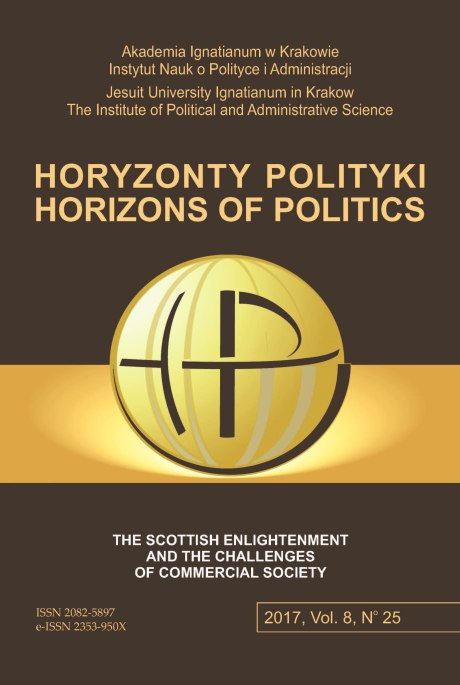Studying Contemporary Greek Neo-orientalism: the Case of the “Underdog Culture” Narrative
Studying Contemporary Greek Neo-orientalism: the Case of the “Underdog Culture” Narrative
Author(s): Sotiris MitralexisSubject(s): Politics, Media studies, Civil Society, Governance, Political economy, Eastern Orthodoxy, Hermeneutics
Published by: Uniwersytet Ignatianum w Krakowie
Keywords: Neo-orientalism; cultural dualism; Greece; Eastern Orthodoxy; Nikiforos Diamandouros;
Summary/Abstract: This paper studies the prevalence, pre-eminence, premises and political usage of the “cultural dualism” narrative in contemporary Greece, which is predominantly attributed to Nikiforos Diamandouros. The research problem and methods: The “cultural dualism” (“underdog culture”) reading of Modern Greece divides Greek society and political life into an “underdog” Orthodox conservative culture and a “reformist” Western secular culture, thus forming a Neo-orientalist schematization. The paper traces and analyses instances of this dichotomy (particularly instances in which it is presented as self-evident, a given) in Greek academia, journalism and political discourse. The process of argumentation: This “underdog culture” narrative, broadly understood, is here identified as the implicit hermeneutic approach almost universally employed when studying non-standard political and cultural thought in Greece: other forms thereof comprise the dichotomies of “normal/ non-biased” versus “anti-Western,” “European” versus “national-populist,” “secular” versus “religious/Byzantine/Orthodox” etc. I proceed to analyse those and propose the term “Greek Neo-orientalism” for their categorization. Research results: In the paper, the prevalence of Diamandourean “underdog culture” reading in the Greek public sphere – academic as well as political and journalistic – is demonstrated, concluding that a non-Neo-orientalist reading of contemporary Greek political thought and theory is yet to appear. Conclusions, innovations and recommendations: The paper underscores the need for an alternative research agenda that would for the first time examine non-standard Greek political thought that affirms Greece’s Byzantine past and Orthodox culture not via the Neo-orientalist approach, but through a methodology suitable to that end.
Journal: Horyzonty Polityki
- Issue Year: 8/2017
- Issue No: 25
- Page Range: 125-149
- Page Count: 25
- Language: English

